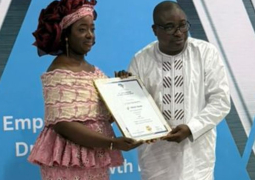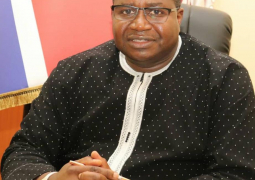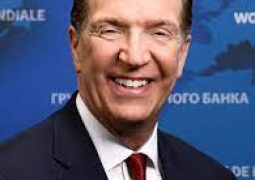As reported recently, it continued that "complex, contentious, and overlapping land tenure systems cause the enforcement of titles to be inadequate. The judiciary is independent, and the Barrow Government has not intervened inappropriately in judicial affairs. Since President Barrow took office in 2017, the Government has turned a blind eye to corruption and no one has been convicted of it."
It further highlighted that the top individual income tax rate is 35%, and the top corporate tax rate has been cut to 27% while adding that other taxes include capital gains and sales taxes.
"The overall tax burden equals 10.8 percent of total domestic income. Government spending has amounted to 23.0 percent of total output (GDP) over the past three years, and budget deficits have averaged 3.5 percent of GDP. Public debt is equivalent to 75.8 percent of GDP."
The Index revealed that the Government has cut the average number of days it takes to start a business from 25 to two, saying most Gambians work outside of the formal sector where they receive none of the protections the law provides.
"The Government administers price controls on staple foods and essential non-food items while also subsidising the highly indebted and state-owned water and electricity services."
"The Gambia has one preferential trade agreement in force. The trade-weighted average tariff rate is 13.1 percent and one formal non-tariff measure is in effect. Other non-tariff barriers deter trade flows. The law treats foreign and domestic investment equally but Government openness to foreign investment is below average. High credit costs and scarce access to financing hinder entrepreneurial activity."




